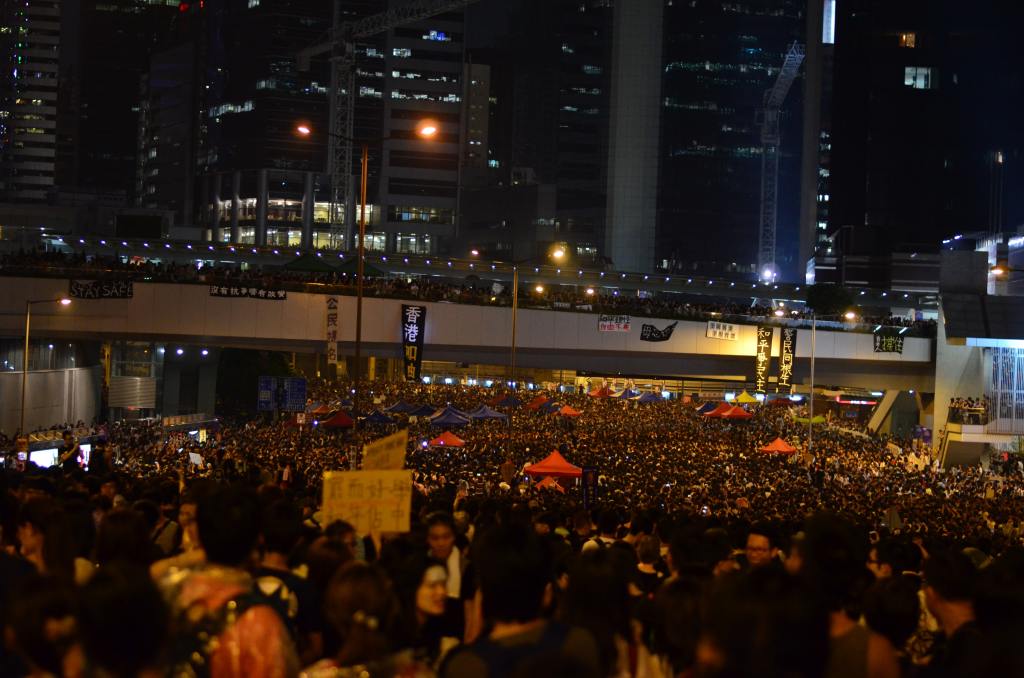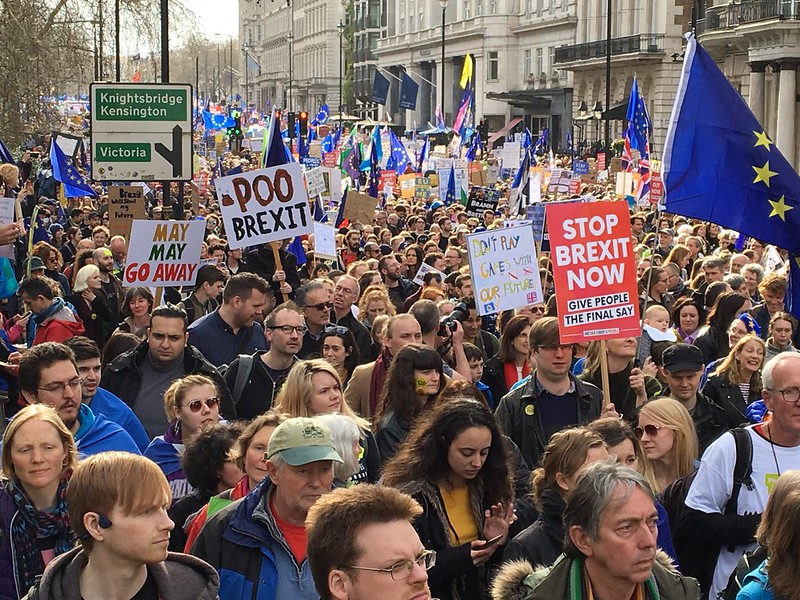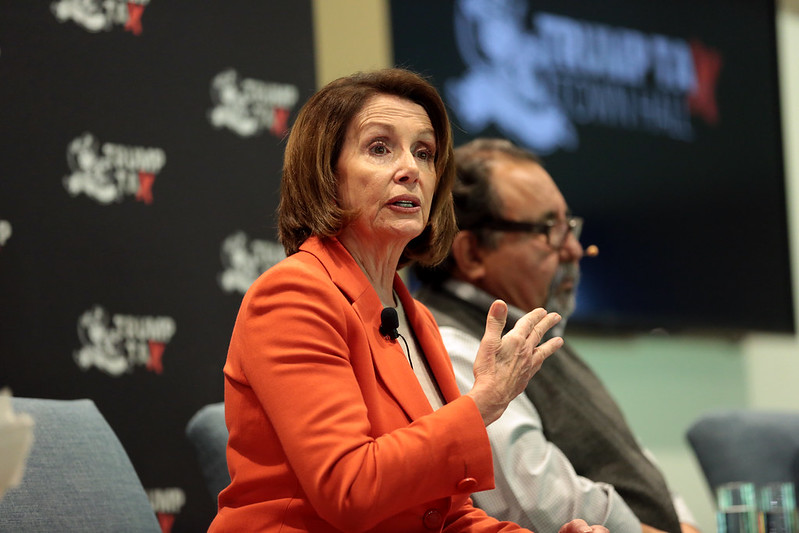In 2019, to be American was to be exhausted by partisan national politics and gridlock. Not even one-fourth into 2020, being American means to wonder if you are watching the national government fall apart in real time? That is my question every time I watch or read about Mr. Trump’s lies, projections, or verbal attacks on state governors, as people die or lose loved ones to coronavirus.
All the more because Mr. Trump refuses to take action. He set the stage when he stripped the budget of the Centers for Disease Control & Prevention (CDC), including a U.S. pandemic team in China, through which we would’ve known about coronavirus even before New Years’ Eve, when China first reported dozens of pneumonia cases to the World Health Organization (WHO.) Even still, Mr. Trump stalled to admit the seriousness of the situation, leaving it to state governments. In sum, his response to coronavirus is megalomaniacal apathy at best, malignant indifference to human suffering, at worst. Mr. Trump is worried about an economic downturn affecting his re-election, and his properties. While heads of national governments order their citizens to stay home, freeze rents, mortgages and utilities fees, nationalize private hospitals so no one will be without care, Mr. Trump proclaims that the U.S. economy was not built to be shut down, and his followers cry that the Democrats want to destroy the country. He’s set Easter Sunday (April 12) as an unofficial date for re-opening the economy. In the face of public health experts warning that the outbreak in the U.S. is just beginning. Things are about to get a lot worse.

While other national governments announce the subsidization of wages for employees who’ve lost their jobs to the outbreak to 80% of their salary, the U.S. Congress is fighting over whether to direct even marginal financial assistance to unemployed workers, or, to bail out large corporations who already received tax cuts in 2017, and have been the beneficiaries of an increasingly unequal economic system for decades, as the gap between the rich and the poor widens to a level not seen since before the Great Depression. If a recession is inevitable, and it looks that way, there are serious questions if the U.S. Congress is up to handling it.
The U.S. Senate was able to negotiate a draft for a stimulus bill that sends $1,200 plus $500 for each child, to individuals making less than $75,000 a year. Republicans would’ve excluded those making less than $2,500 a year. Unemployment is also extended to workers who aren’t usually eligible, such as those in the gig economy and freelancers. Under the bill, Mr. Trump’s businesses would not be eligible for funds, neither would those of Mr. Pence, heads of executive departments, nor members of Congress. The bill does include a $500 billion ‘slush fund’ for large corporations who wanted a bailout, with congressional oversight. It’s a very short-term fix for a potentially long-term, deep economic crisis the country is about to go through. Even with a $100 billion to hospitals. Corporations still receive more.
And the government still has to deal with the toll of the virus itself; the number of people who will die from it, those who survive but live with its effects (experts are researching this), the mental health of the country, especially doctors and nurses caring for patients, those who cannot stay at home because their services are deemed “essential,” and those who have lost their jobs and worry about making ends meet.
The weaknesses of American governance, the American economy and the American political system were known, but now they are on full display. Yet the people with the power to help those most in need remain enmeshed in the same old disagreements while people suffer. American governance is needed now more than ever, yet it is more fragile than ever. As infections and the death toll inevitably increase, the question is at what point will Americans lose complete faith in the system? For all the desperation to remove Mr. Trump, most Americans still seem to have it. Hope centers on the November election, but will we even make it to November? No, Mr. Trump cannot unilaterally cancel the election. Only Congress can, and with a Democratic-controlled House, that appears almost improbable. But if coronavirus takes its toll with no end in sight, Mr. Trump keeps fighting with state governors, and Congressional Democrats and Republicans keep fighting with each other, all bets are off. There is no telling what can happen.
A hallmark of American governance is federalism—power sharing between the central federal government, and provincial state governments. And it’s failing. Right now, Mr. Trump is literally sabotaging states’ efforts to help their hospitals stricken with coronavirus patients. Governors like Cuomo and Newsom of New York and California are exercising the leadership that Mr. Trump should be. The threat that coronavirus poses to individuals either to their health, or their financial situation and their job, is now in the hands of state governors. It’s dependent on whether stay-at-home orders are issued, whether governors make sure utilities remain on even if customers cannot pay their bills, as New York and New Jersey have done.
Mr. Trump is also creating a situation where the virus spreads needlessly by setting a date in less than 3 weeks’ time for a possible reopening of the economy. States already vary in their responses, those not ordering their residents to stay home and implement social distancing now will be less prepared as coronavirus spreads. Hospitals all over the country could be overstretched, and if people die and/or can’t buy basic necessities in large numbers, social unrest could be unavoidable. All the more dangerous because of the recent spike in gun purchases as a result of this crisis. As chaotic as things are right now, is it the calm before the storm? How close are we to tensions boiling over?















